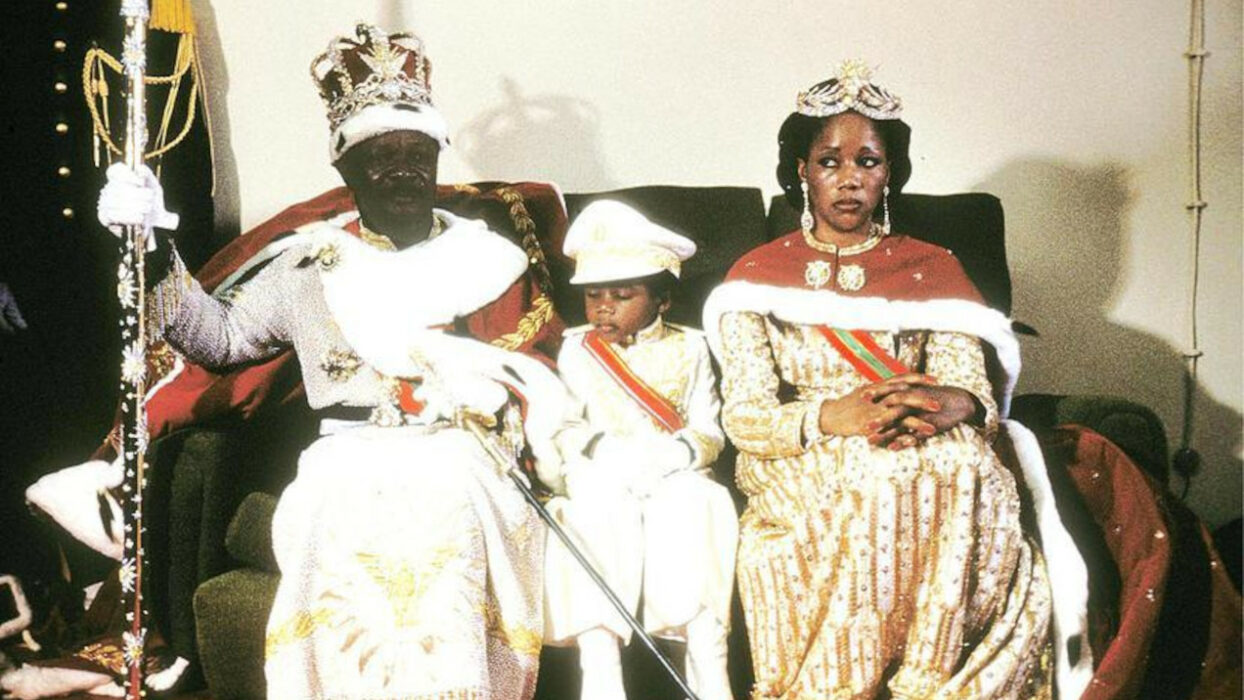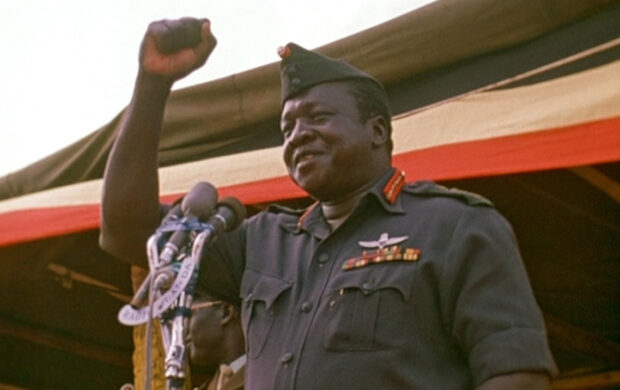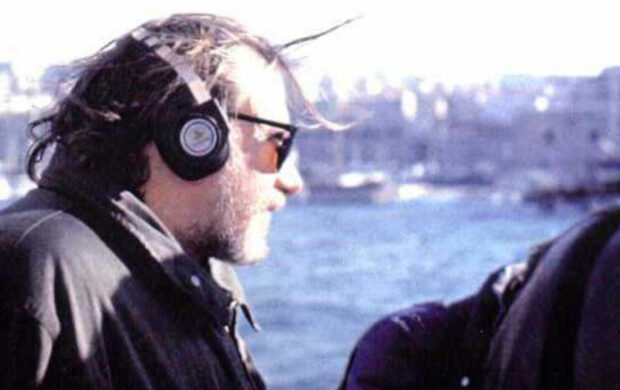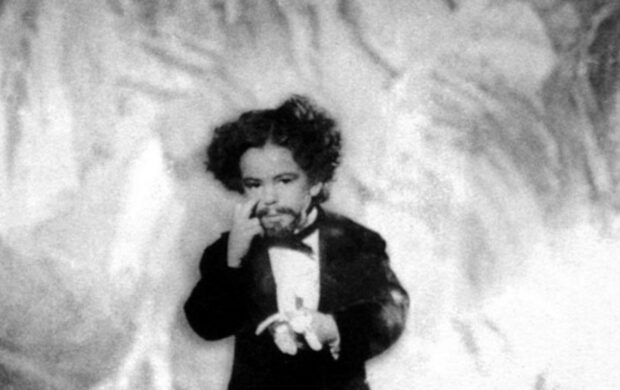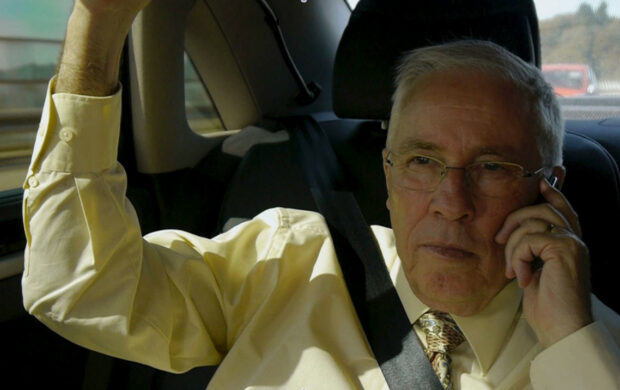Echoes from a Sombre Empire
Echos aus einem düsteren Reich
- 1990
- Germany
- 93 min
- French
The film opens with a letter from the journalist Michael Goldsmith which reached the filmmaker a few days before he began shooting. Herzog explains that it had been weeks since the journalist had given any sign of life, not since he had entered Liberia. In the letter, Goldsmith explains that the film on Bokassa, in which he had been asked to take part, was of special importance to him….It is not a documentary aimed at factually recounting Bokassa’s tyranny, but a film seeking to convey how a man imprisoned by a dream can plunge a whole country into horror. This idea, which guides Herzog, nonetheless remains in the background. It creeps in discreetly and diffusely, while the filmmaker disappears behind Michael Goldsmith, whose story is what he wants to tell above all…Bokassa’s reign is no laughing matter for Herzog, nor for Goldsmith. By getting rid of the comic sequences of the coronation and using Schubert’s piano trio in E minor over these images – again Herzog’s unique art of combining images and great pieces of music –, what emerges is all the affliction of a people condemned by the madness of one man. Herzog clearly shows that he was a puppet manipulated by France, that this tragic story is a new avatar of neo-colonialism. But what he wants to explore is the enigma that Bokassa represents…Bokassa deformed the world around him to build his own myth, to attain his fantasy of grandeur, to make it real. What he achieves is an ersatz-world, akin to a transplant that fails to take hold between a dream and reality. Everything becomes delirious, tragically comic, like an absurd nightmare that swallows up reality.
Olivier Bitoun (DVDclassik.com, June 2011)
- Production : Films sans Frontières, Sera Filmproduktion, Werner Herzog Filmproduktion
- Photography : Martin Manz, Jôrg Schimdt-Reitweinr
- Sound : Harald Maury, Walter Saxer
- Editing : Rainer Standke
- Print contact : Potemkine Films, info@potemkine.fr
